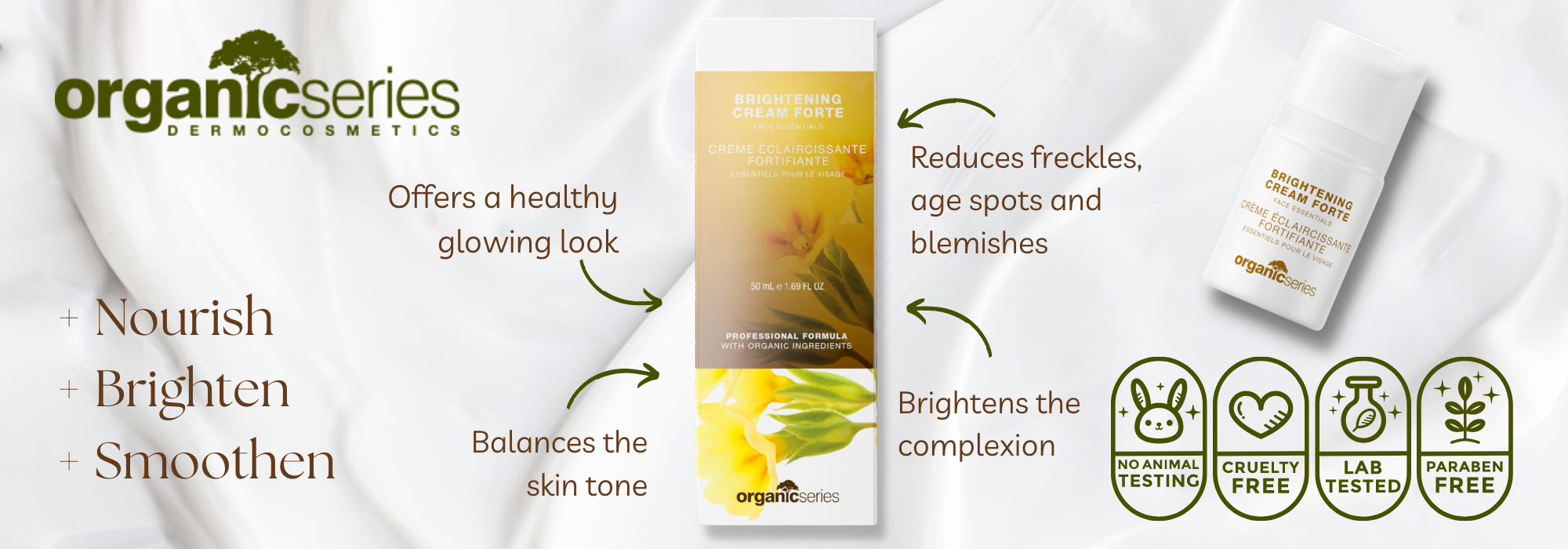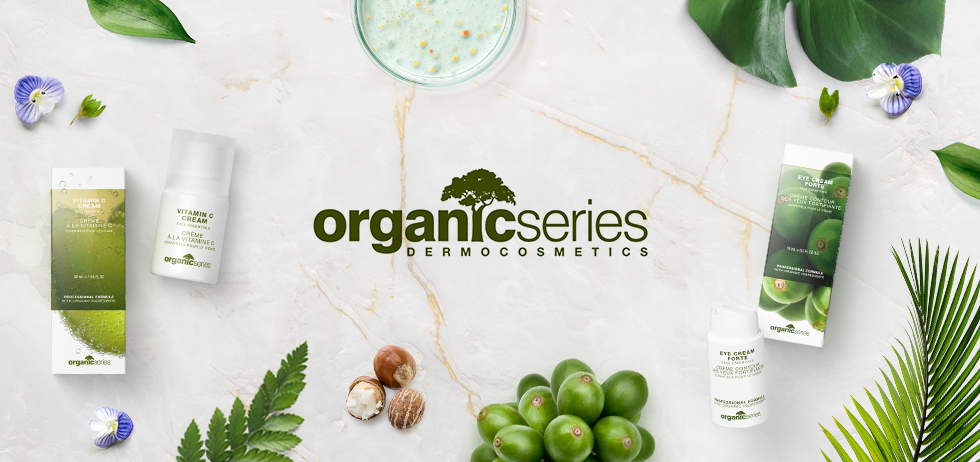Fight skin discolourations
Dealing with skin discolourations can be challenging, whether they result from sun damage, acne scars, melasma, or hormonal changes. Uneven skin tone and dark spots can affect confidence, making it essential to find the right skincare solutions.
Fortunately, with a targeted routine and the right ingredients, you can fade skin discolourations and restore a healthy, radiant complexion. In this guide, we’ll share 10 expert tips to help you achieve even-toned and glowing skin.
1. Use Vitamin C to Brighten Skin
Vitamin C is a powerful antioxidant that works wonders for skin discolourations. It helps to inhibit melanin production, which is responsible for dark spots and uneven tone. Regular use of a high-quality vitamin C serum can brighten skin, reduce hyperpigmentation, and protect against free radical damage.
For the best results, apply vitamin C every morning before sunscreen. Look for serums with L-ascorbic acid, the most potent and effective form of vitamin C, to ensure maximum skin-brightening benefits.
2. Exfoliate Regularly with AHAs and BHAs
Dead skin cells can make skin discolourations appear more pronounced. Exfoliation using alpha hydroxy acids (AHAs) like glycolic acid or beta hydroxy acids (BHAs) like salicylic acid helps to remove these dead cells and speed up skin cell turnover.
AHAs are great for treating sun damage and dark spots, while BHAs are more effective for acne-prone skin. Incorporate a gentle exfoliant 2-3 times a week to fade discolourations and reveal fresher, more even skin.
3. Never Skip Sunscreen
One of the biggest causes of skin discolourations is UV exposure. Sunlight triggers melanin production, making dark spots and hyperpigmentation worse. To prevent further damage, always wear a broad-spectrum sunscreen with SPF 30 or higher.
Reapply sunscreen every two hours when outdoors and choose formulas with zinc oxide or titanium dioxide for maximum protection. Sunscreen isn’t just for summer—use it daily, even on cloudy days, to keep your skin tone even.
4. Try Niacinamide for Even Skin Tone
Niacinamide, a form of vitamin B3, is a game-changer for treating skin discolourations. It helps to reduce inflammation, control melanin production, and strengthen the skin barrier, making it an excellent addition to any brightening routine.
This powerhouse ingredient also works well with vitamin C, retinol, and hyaluronic acid, making it easy to incorporate into your skincare regimen. Apply a niacinamide serum or moisturiser daily for smoother, more radiant skin.
5. Use Retinol to Speed Up Skin Renewal
Retinol is known for its anti-aging properties, but it’s also fantastic for reducing skin discolourations. It stimulates collagen production and increases cell turnover, helping to fade dark spots and improve overall skin texture.
Start with a low concentration (0.3% to 0.5%) and apply it at night to avoid irritation. Always follow up with sunscreen in the morning, as retinol makes your skin more sensitive to UV rays.
6. Treat Dark Spots with Alpha Arbutin
Alpha arbutin is a gentle yet powerful skin-brightening ingredient that works by reducing excess melanin production. Unlike harsh skin-lightening chemicals, it is safe for all skin types, including sensitive skin.
Apply an alpha arbutin serum in the morning and evening, and combine it with hydrating ingredients like hyaluronic acid to maintain skin moisture. Over time, you’ll notice a visible reduction in skin discolourations and a brighter complexion.
7. Try Licorice Root Extract for Natural Brightening
Licorice root extract is a natural alternative to harsh skin-lightening agents. It contains glabridin, which helps to inhibit melanin production and reduce hyperpigmentation.
Look for serums, creams, or face masks containing licorice root extract. When used consistently, it can help brighten your skin and reduce the appearance of skin discolourations without irritation.
8. Stay Hydrated and Eat a Skin-Friendly Diet
Hydration plays a key role in skin health and radiance. Drinking plenty of water and consuming a diet rich in antioxidants, vitamins, and omega-3 fatty acids can help reduce skin discolourations from the inside out.
Foods rich in vitamin C (citrus fruits, bell peppers), vitamin E (almonds, avocados), and healthy fats (salmon, walnuts) can promote skin repair and prevent further pigmentation issues.
9. Use a Face Mask with Kaolin or Green Clay
Clay masks, especially those with kaolin or green clay, help to absorb excess oil, detoxify the skin, and fade skin discolourations caused by acne scars and blemishes.
Use a clay mask once or twice a week to deeply cleanse your skin and remove impurities that contribute to uneven skin tone. For added benefits, choose masks infused with vitamin C, niacinamide, or licorice extract.
10. Be Consistent and Patient with Your Skincare Routine
Improving skin discolourations takes time and consistency. While some treatments may show results in a few weeks, others can take several months for noticeable changes. Stick to your routine and avoid switching products too often.
Consistency in using sunscreen, brightening serums, exfoliants, and nourishing creams will gradually lead to a more even skin tone. Combine this with a healthy lifestyle and you’ll see long-term improvements in your skin.
Conclusion
Treating skin discolourations requires a well-rounded approach, from using the right ingredients to protecting your skin from UV damage. By following these 10 expert skincare tips, you can gradually fade dark spots, improve your complexion, and achieve glowing, even-toned skin.
Start incorporating these steps into your skincare routine today and enjoy the journey to brighter, healthier skin!
Expert recommendation for skin discolourations
Organic Series Brightening Cream Forte for Skin Discolourations

More inspiration
Follow Organic Series UK on instagram and facebook for more inspiration, expert tips and special discount codes!c



